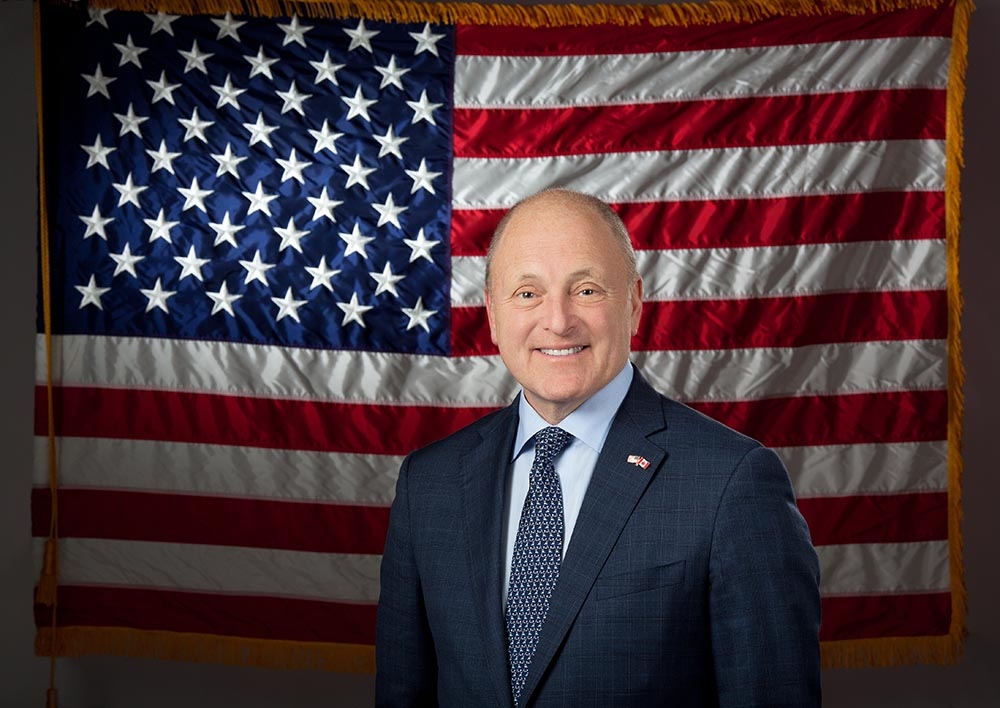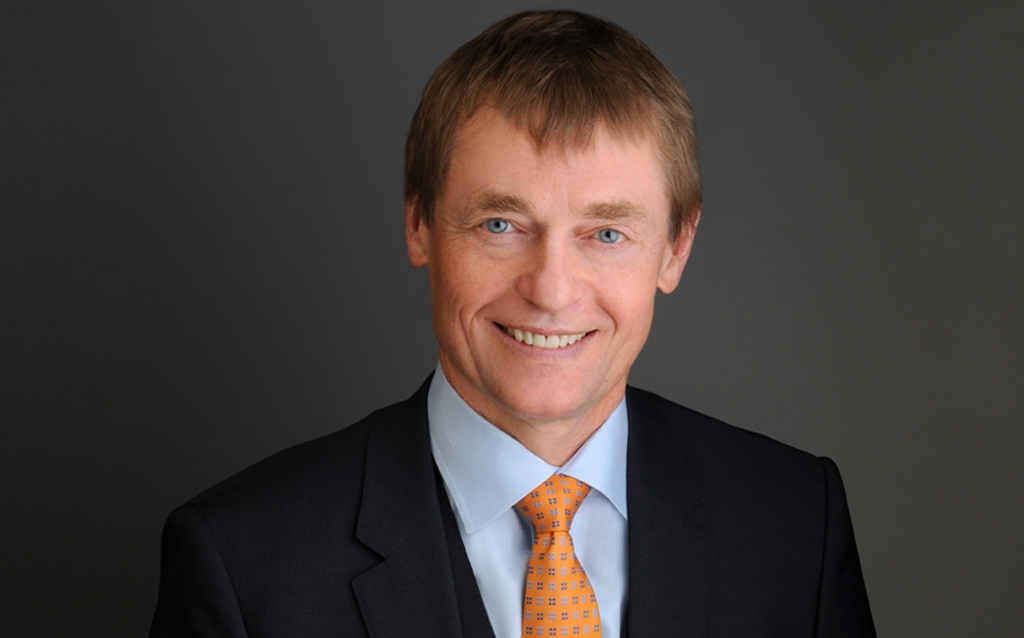
An Exclusive with U.S. Ambassador Bruce A. Heyman
The United States Ambassador to Canada, Bruce A. Heyman, arrived in Ottawa last summer and has been one of the most active U.S. ambassadors in decades. In less than a year, Heyman has hosted seven senior United States cabinet members in Canada, including several visits by Secretary of State John Kerry. He also personally invited all U.S. governors to visit Canada. To date, ten have accepted. Heyman has been visiting the provinces and territories and has reached out to all premiers to promote trade and business relations with the United States.
Heyman is well briefed on Canada. His appointment as President Obama’s personal representative to Canada was well received here. He is a 33-year veteran of Goldman Sachs, where he served as a regional managing director of the Midwest private wealth management group, covering 13 states and half of Canada, from 1999 until December of 2013. He recently ensured 84 delegates from Canada attended the Select USA Investment Summit in Washington, which provides insight into how to do business in the United States. The stakes in the Canada-U.S. relationship are high. In 2014, there was $759 billion in trade and $650 billion in bilateral investment between the two countries.
The Ambassador’s April 8, 2015, interview occurred days before Parliament committed to sending Canadian soldiers to an expanded mission in Iraq as well as to sending Canadian soldiers to Ukraine on a training mission. Ambassador Heyman was refreshingly candid and took on all questions about the Canada-U.S. relationship.
OLM: Can you comment on the Government of Canada’s decision to expand the mission in Iraq and Syria?
Ambassador Heyman: The United States could not ask for a better partner in the fight against ISIL. Canada has an important and vital role to play in Iraq and I want to express the appreciation of the United States government for all that Canada has done and continues to do, both militarily and otherwise. There are now 62 other nations involved in efforts to stop ISIL. We realize the ISIL problem will not be resolved through the military alone. We must continue to stop the flow of foreign fighters and address humanitarian relief, and it is also important that we continue to figure out and expose the true nature of ISIL to further delegitimize them.
OLM: Prime Minister Harper has been very firm on Canada’s position on Russian incursions into the Ukraine. Does the United States support this position?
Ambassador Heyman: The United States and Canada stand shoulder-toshoulder with Ukrainians to govern their country free from outside interference. The United States joins Canada and all NATO colleagues in urging Russia to fully comply with the Minsk Agreement.
OLM: What has been the issue that comes up the most since you arrived last summer?
Ambassador Heyman: I’m told almost everywhere I go that people are most concerned about the proper functioning of the U.S.-Canada border. It’s not a new issue, but it is one with which both countries have made great progress. It’s complex because you have to balance security, free trade and travel. We’ve announced many changes regarding preclearance provisions on land, rail and marine that are having a significant impact. The Beyond the Border program has been very successful. On February 18, 2015, the United States, Canada and the state of Michigan signed an agreement to finance the proposed New International Trade Crossing (NITC) that will link Detroit and Windsor, Ontario. This was the result of several years of discussions and cooperation between officials and agencies from both countries. So, we have improved technologies and techniques at border crossings and representatives from both countries have worked to ensure we are getting this right.
OLM: What about climate change? Canada and the United States seem to be approaching this differently.
Ambassador Heyman: Climate change is real and the President takes it seriously. We recognize the climate is changing and we must adapt to this change because it affects us all. We have a shared Arctic that is diminishing. When I was in Tuktoyuktuk, locals told me they have seen the change and that things are different. We have to reduce the human impact on the environment. I’m excited that many of our states and Canada’s provinces are working on this problem together. The one thing about climate change is it has no borders.
OLM: Can you comment on Keystone?
Ambassador Heyman: Keystone is still under consideration and it is being reviewed in a comprehensive transparent way by the State Department.
OLM: Many in Canada are under the impression Keystone is dead.
Ambassador Heyman: No, the process is not at a halt and is still under consideration. The State Department is reviewing it and we will see where that review leads.
OLM: Can you comment on the dispute regarding Buy America requirements for steel, iron and manufactured products? As you know, Canadian officials have called the requirement to only use U.S. steel on Canadian soil unacceptable.
Ambassador Heyman: The United States will honour all international agreements and we are continuously working with Canadian officials on trade and other issues. It is important to remember that the United States-Canada relationship is unique in the world. We are linked by culture, values, trade and a comprehensive commitment to shared prosperity. There are always challenges that exist in families and between good friends. There is more that binds our countries than distracts us.
Photo: Paul Couvrette









